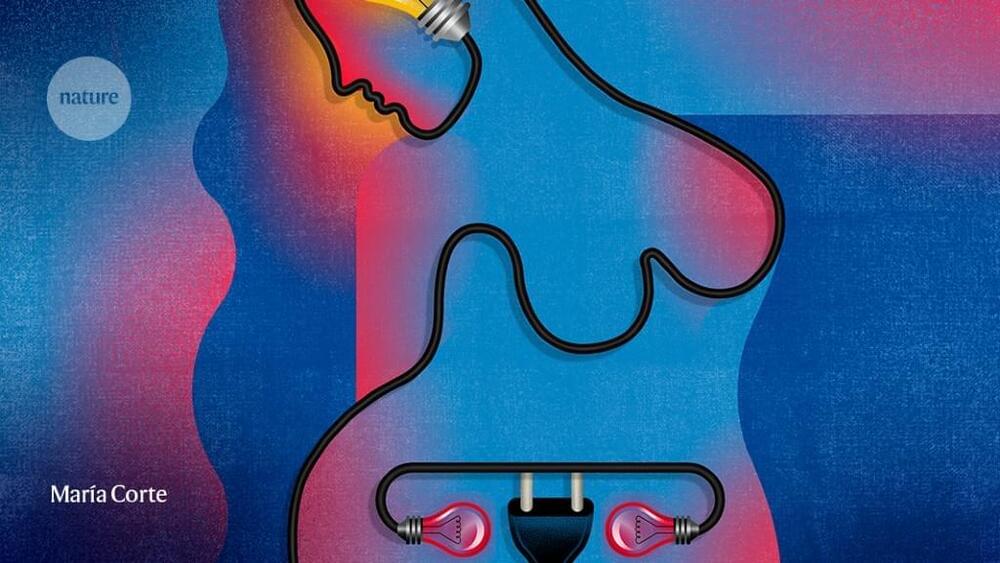For Rance and others in the field, fezolinetant’s progress to this point is a sign that research into the causes and effects of menopausal symptoms is finally being taken seriously. In the next few years, the global number of postmenopausal women is expected to surpass one billion. But many women still struggle to access care related to menopause, and research into how best to manage such symptoms has lagged behind. That is slowly changing. Armed with improved animal models and a growing literature on the effects of existing treatments, more researchers are coming into the field to fill that gap.
They increasingly recognize that menopause and the transition to it, a phase labelled perimenopause, could set the stage for brain health in later life, and there are even hints that it could correlate with the risk of neurodegenerative diseases, such as Alzheimer’s disease.
Fezolinetant and similar drugs in the pipeline also represent a shift in thinking: from menopause as a condition of the female reproductive organs, to one that focuses on neurological causes and effects. “We think of menopause as being driven by changes in the ovary,” says Hadine Joffe, who studies mental health and ageing in women at Harvard Medical School in Boston, Massachusetts. “The notion of the brain at the helm of menopause, that is a different concept.”
